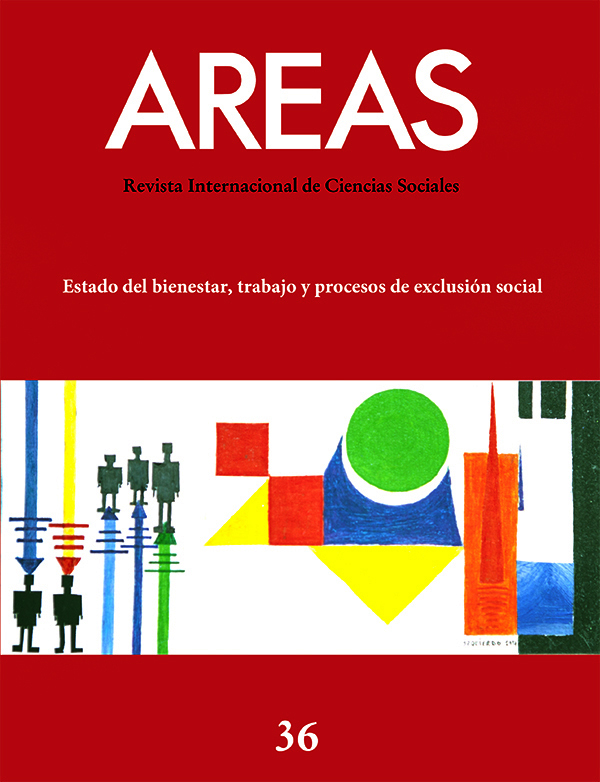Neoliberalism as culture: neo-subject, enterprise and pro-inequality State
Abstract
The critical approach of neoliberalism is usually made from two different interpretations: as reconstituting the power of the capitalist class in the post-Keynesian phase of capitalism, or from the emphasis on forming a competitive rationality devoted to govern subjectivities. This article contains a review of some representative contributions of both approaches, also in the Spanish-speaking world, but is especially a proposal to go one step further: we suggest to value the critical power of conceiving neoliberalism as culture, as a cultural change program, but from a conflictual, dynamic and focused perspective. To this end, we propose a questioning treatment of neoliberal culture inspired by the vigorous criticism of the managerialist handling of the Enterprise Culture that Critical Management Studies have been conducted over the past fifteen years. If the company is the organization that inspires the spirit of competitive market that neoliberalism tries to use for reconfiguring both subjectivity and state services, is almost a sweet duty to look in that same place a source of social criticism inspiration.
Downloads
-
Abstract825
-
PDF (Español (España))7189
The published works by this Journal are subject to the following terms:
1. The Publication Service of the University of Murcia (the Editor) owns the copyright of its publications. It promotes and allows its use under the indicated licence in Section 2.
© Servicio de Publicaciones, Universidad de Murcia, 2011
2. Papers are digitally published under the licence Creative Commons Reconocimiento-NoComercial-SinObraDerivada 3.0 España (legal text). They can be copied, used, disseminated, transferred and publically presented if: i) the author is quoted, as well as the original source of publication (Journal, editorial and URL); ii) they are not used for commercial purposes; iii) the licence of use is mentioned.
3. Auto-file Conditions. It is allowed and authors are encouraged to digitally disseminate their pre-print versions (versions prior to review) and/or post-print (reviewed version accepted for its publication) since it promotes its early diffusion and the corresponding increase of quotes and scope within the academic community. RoMEO Colour: green.


